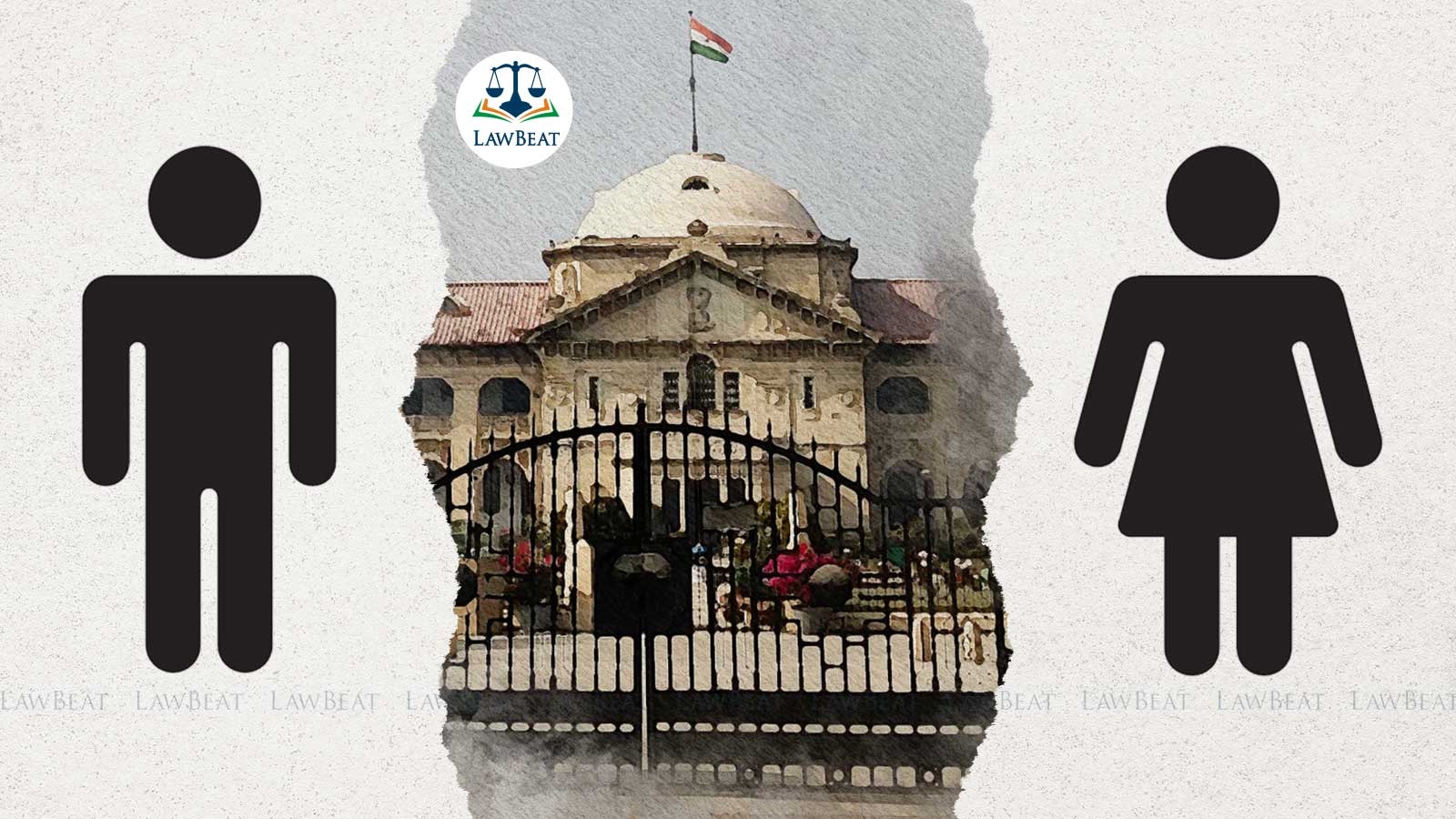'Sexual Offence Laws Women-Centric, Men Not Always at Fault': Allahabad HC Upholds Acquittal in Rape Case

Court said that though the main issue raised by the woman was that she consented to a sexual relationship under a misconception of fact, however, the case at hand was more about a breach of promise, if any, rather than a false promise by the accused
The Allahabad High Court recently observed that in our country while laws concerning sexual offences are appropriately focused on protecting women, this does not imply that the male partner is invariably at fault.
"No doubt, chapter XVI ‘Sexual Offences’ (of the IPC), is a women-centric enactment to protect the dignity and honour of a lady and girl and rightly so, but while assessing the circumstances, it is not the only and every time the male partner is at wrong, the burden is upon both of them," said the bench of Justices Rahul Chaturvedi and Nand Prabha Shukla.
The court was dealing with an appeal filed by a woman against the acquittal of a man whom she claimed raped her on false promise of marriage. The case was registered under Section 323, 504, 506 and 376 of the IPC and Section 3(2)(V) of the SC/ST Act at Colonelganj Police Station in District Prayagraj.
In February this year, the trial court convicted the accused only under Section 323, IPC and awarded six months simple imprisonment while acquitting him from all the serious charges.
Aggrieved by the trial court's decision, the woman moved the high court. She submitted that she met the accused in 2014 during her studies, and they developed a significant level of intimacy. Over time, their relationship became deeply personal, leading to premarital sex. According to the prosecution, the accused had promised to marry her.
As per the woman, in 2018, the man's behavior changed towards her after he started working at a degree college. By 2019, when the woman confronted him, he informed her that he would not marry her and allegedly assaulted her.
Furthermore, the woman claimed that when she visited the accused's house, he and his mother, upon learning she belonged to the Scheduled Caste (Chamar), told her to leave and refused her entry. Later, the accused allegedly hurled caste-related abuses at her in a park.
On the other hand, the defense argued that the accused had been ensnared in a "honey trap" by the woman and had faced the constant threat of false FIRs since 2014. The defense counsel claimed that the woman had been blackmailing the accused and demanding money from him.
The defense further contended that both individuals were adults who fully understood the consequences of premarital sex.
The high court noted that, despite the allegations of sexual assault, the woman declined to undergo a medical examination and she explained her refusal by claiming that the accused had kidnapped her brother and was constantly threatening her, which prevented her from consenting to the necessary medical examination.
Court found the reason 'strange' and emphasised that there was nothing on record to establish this flimsy allegation.
Court highlighted that the relationship between the woman and the accused lasted from 2014 to 2018, during which they frequently met in hotels and guest houses in Allahabad and Lucknow.
It questioned the woman's behavior, highlighting that she never insisted on marriage during their five-year relationship and only claimed to realize his lack of commitment after their breakup in 2019. The court dismissed her account as a "cock and bull story" for self-justification.
Court emphasized that the main issue raised by the woman was that she consented to a sexual relationship under a misconception of fact. However, the case was more about a breach of promise by the accused, if any, rather than a false promise, it held.
Moreover, court highlighted that during the trial, it was revealed that the woman had been married to another man since 2010, though they had been living separately since 2012. Despite the woman's denial of this marriage, the court asserted that this revelation nullified any promises made by the accused regarding marriage.
Additionally, the court noted that the woman had initially misled the accused about her caste. "It is difficult to adjudicate who is befooling whom?" the division bench said.
After thoroughly reviewing all evidence and arguments from both parties, the court found no legal errors or misinterpretation of evidence in the trial court's judgment. Therefore, the court deemed the appeal 'devoid of merit' and 'dismissed' the same.
Case Title: Informant/Victim v. State of U.P. and Another
